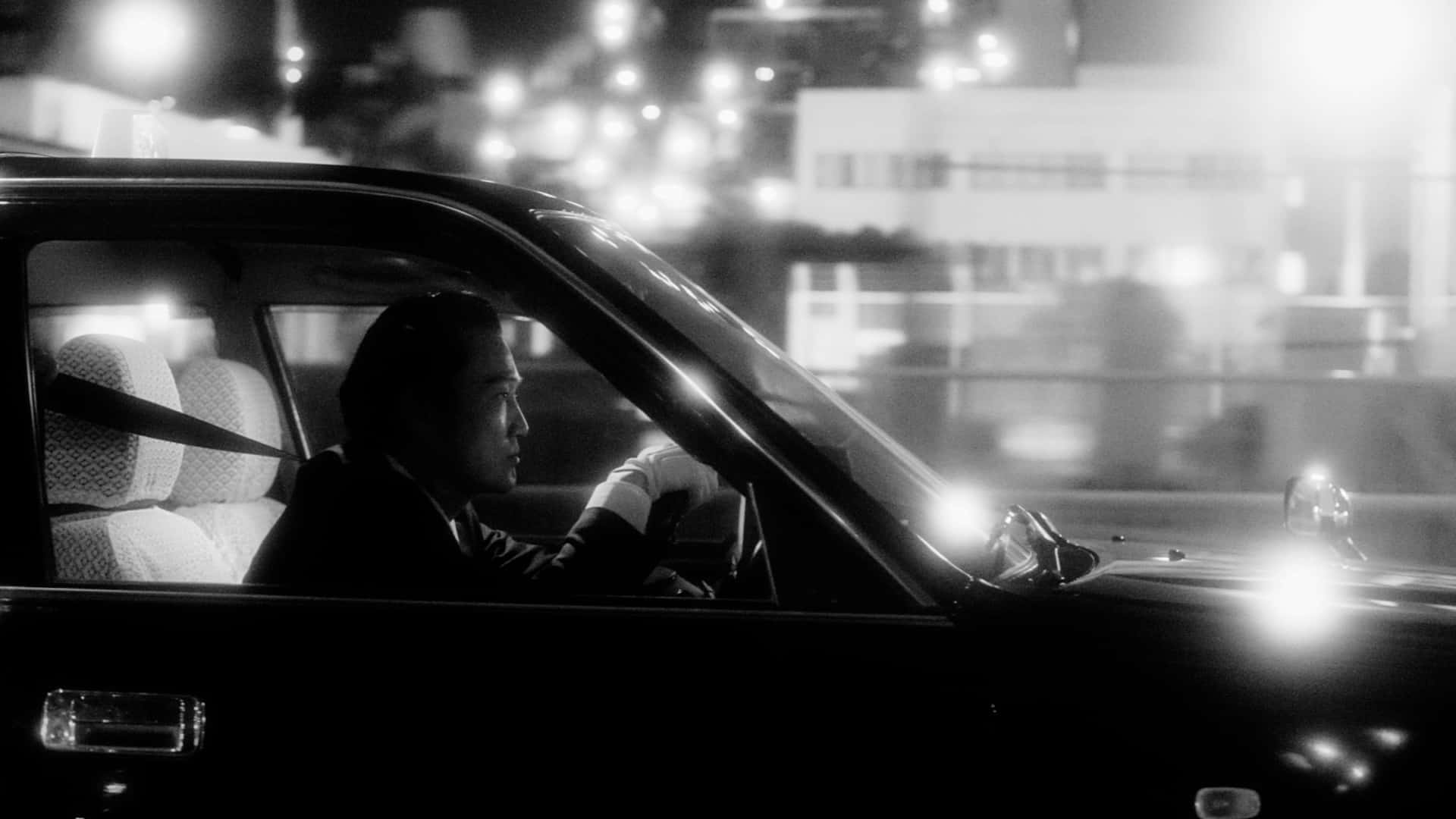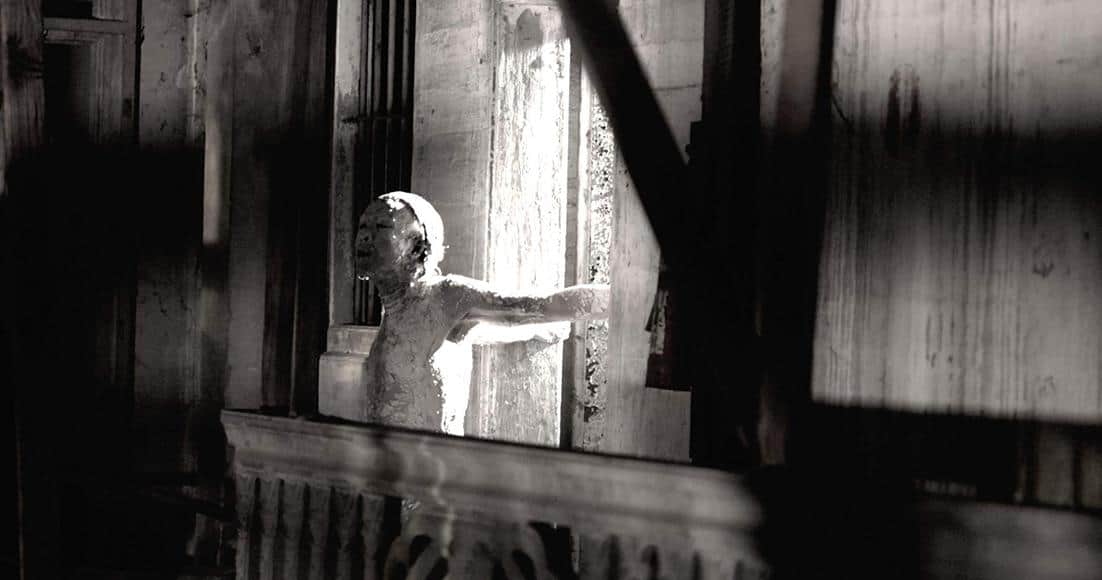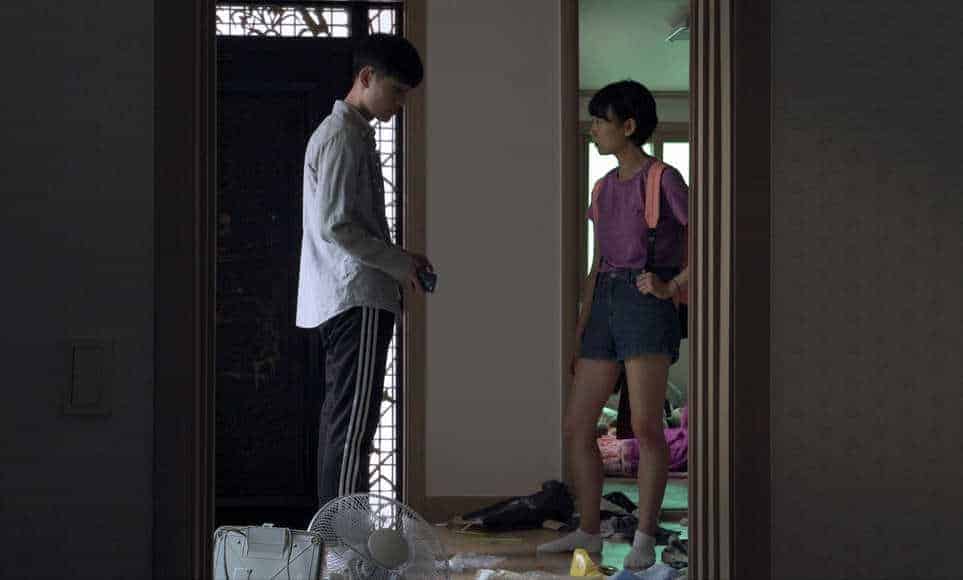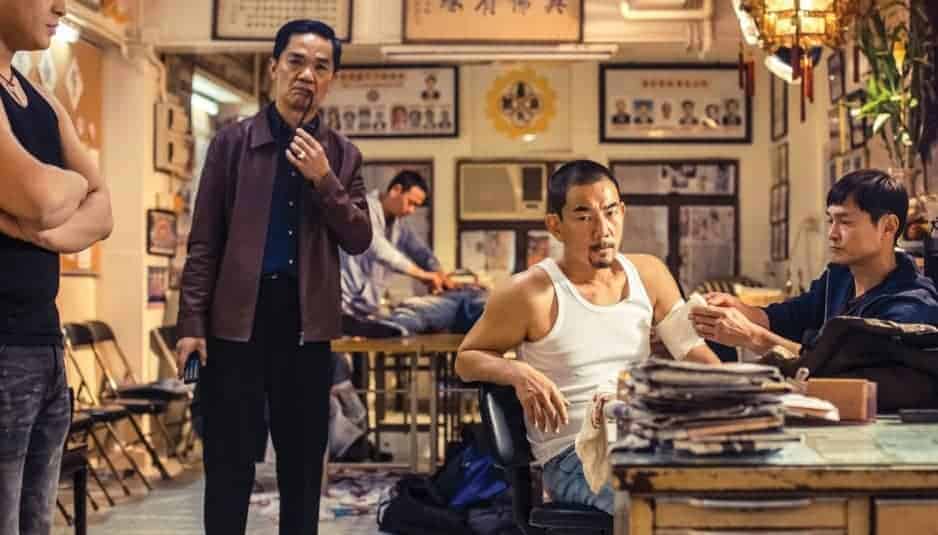For many aspiring filmmakers, highlighting current social issues is a quick and oftentimes exploitative method of drawing attention to a smaller project. However, this overload does mean that the efforts with genuine heart and understanding behind them stand out for the better, and this is the case with Byun Sung-bin's short film “God's Daughter Dances”.
God's Daughter Dances screened at Mill Valley Film Festival

Shin-mi (Choi Hae-jun) is a transgender woman who has become something of a celebrity for her dance performances at the bar that she works at. However, outside of the safe-haven that is the bar, Shin-mi struggles to fit in with the judgemental society around her. Her plight is epitomised as she goes through a mandatory health test to see if she's fit for military conscription, despite no longer being male.
The triumph with “God's Daughter Dances” is the simplicity of its premise and execution. The short maintains focus for the duration of its 25-minute runtime, and in doing so, presents us with Shin-mi's plight in a neatly digestible manner. Taking on the issues of South-Korean military conscription and the country's changing attitudes toward transgender people could have led to a convoluted and preachy narrative, but Sung-bin instead highlights these topics through dialogue that allows you to unpack them independently.
The director finds ways of isolating Shin-mi from the society around her through precise shot-composition as opposed to overt dialogue. Even when lined up next to fellow test subjects, she seems isolated and outcast, further emphasising her troubles finding acceptance. Shin-mi's ‘otherness', at least in the eyes of some, is also captured through the subtleties in the supporting performances; a judgemental stare, a look of confusion.
The film consistently presents Shin-mi as more of a side-show to ogle at than her own person. This framing of her character is made clear in the electric opening scene when she is quite literally performing for an audience. However, the objectification of Shin-mi continues in her life outside of dance, as she's met with wonder and bemusement by those she encounters. “It's my first time seeing a transgender”, one test-goer comments, furthering this idea that Shin-mi is an object of amusement.
At the centre of the short is a compelling performance from Choi Hae-jun, who, as Shin-mi, exudes sympathy without being overtly sympathetic. There's a sadness to the way that she easily brushes off rude, invasive, or judgemental comments as if she's all too used to hearing them. In Shin-mi, Hae-jun embodies an empowered character who, while vulnerable to the powers that be, is determined to be comfortable with herself, even if those around her don't like it.
I won't pretend to be clued up on South Korean social attitudes towards homosexual and transgender people, but if Sung-bin's presentation is anything to go by, things are fairly bleak. Outside of the safe haven of the ‘Come in Lounge', no one seems truly at ease with showing their true face in public. If Sung-bin's depiction of existing discrimination is accurate, then I imagine many will sympathise with Kim Woo-gyeom's character, Hyuk-tae, who fears for his prestigious career should his sexuality be made public.
With “God's Daughter Dances”, Byun Sung-bin shows all the signs of a promising filmmaker. The social issues tackled in the movie are handled with delicacy and sincerity, while all are presented in an accessible fashion that exudes empathy. This is a great-looking and tightly executed short film with a wonderful lead performance at its centre.















